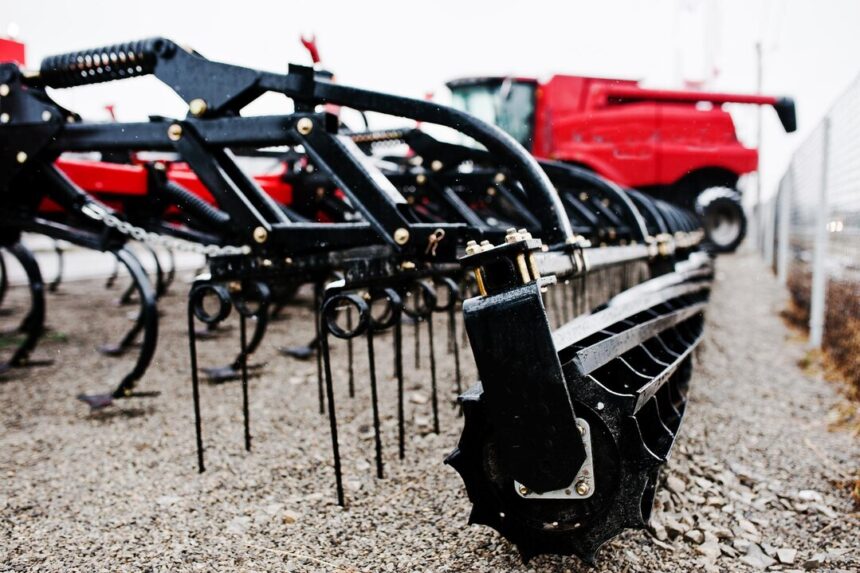Embarking on a journey into farming can be an exciting and rewarding endeavor, but it’s important to have the right equipment and tools to get started. Whether you’re planning to grow crops, raise livestock, or both, having the necessary gear will help you efficiently manage your farm and maximize productivity. Here’s a guide to essential equipment and tools for beginners in farming:
1. Tractor:
A tractor is a fundamental piece of equipment for many types of farming operations. It’s used for plowing fields, planting crops, cultivating soil, and various other tasks. When selecting a tractor, consider factors such as horsepower, size, and attachments needed for your specific farming activities.
2. Implements and Attachments:
Attachments and implements enhance the versatility of your tractor and enable you to perform a wide range of tasks. Common implements include plows, harrows, cultivators, seeders, and mowers. Choose attachments based on the type of crops you plan to grow and the soil conditions on your farm.
3. Irrigation System:
An efficient irrigation system is essential for maintaining optimal soil moisture levels and ensuring healthy crop growth. Options range from simple sprinkler systems to drip irrigation systems, depending on the size and layout of your farm. Consider factors such as water source, terrain, and crop water requirements when choosing an irrigation system.
4. Hand Tools:
Hand tools are indispensable for various farm tasks, from planting and harvesting to maintenance and repairs. Essential hand tools include shovels, rakes, hoes, pruners, and hand trowels. Invest in high-quality, durable tools that are suitable for the specific tasks you’ll be performing on your farm.
5. Livestock Equipment:
If you plan to raise livestock, you’ll need specialized equipment for feeding, handling, and housing animals. This may include feeders, waterers, fencing materials, livestock trailers, and handling facilities such as chutes and corrals. Choose equipment that is safe, durable, and appropriate for the size and type of livestock you’ll be raising.
6. Storage Facilities:
Proper storage facilities are essential for storing harvested crops, feed, equipment, and other farm supplies. Options include barns, silos, sheds, and grain bins. Consider factors such as size, ventilation, and security when planning and designing storage facilities for your farm.
7. Safety Gear:
Safety should always be a top priority on the farm, so it’s essential to have the appropriate safety gear on hand. This may include protective clothing, gloves, safety glasses, ear protection, and respirators. Additionally, make sure to have first aid supplies readily available in case of accidents or injuries.
8. Transportation:
Having reliable transportation is crucial for moving equipment, supplies, and products around your farm. This may include trucks, trailers, ATVs, or utility vehicles, depending on the size and layout of your farm. Choose vehicles that are suitable for the terrain and tasks you’ll be performing.
9. Soil Testing Kit:
Understanding the health and fertility of your soil is essential for successful farming. A soil testing kit allows you to analyze soil pH, nutrient levels, and other factors that affect crop growth. Use the results of soil tests to make informed decisions about fertilization, soil amendments, and crop selection.
10. Education and Training:
Last but not least, investing in education and training is essential for building knowledge and skills in farming. Attend workshops, seminars, and agricultural extension programs to learn from experts and gain practical experience. Additionally, consider joining farming organizations and networking with other farmers to exchange ideas and resources.
Having the right equipment and tools is essential for success in farming. By investing in quality gear, staying informed about best practices, and continuously learning and adapting, beginners can set themselves up for a rewarding and fulfilling farming experience. So roll up your sleeves, get equipped, and embrace the journey of farming with enthusiasm and determination.
Join 'Farmers Mag' WhatsApp Channel
Get the latest Farming news and tips delivered straight to your WhatsApp
CLICK HERE TO JOIN






